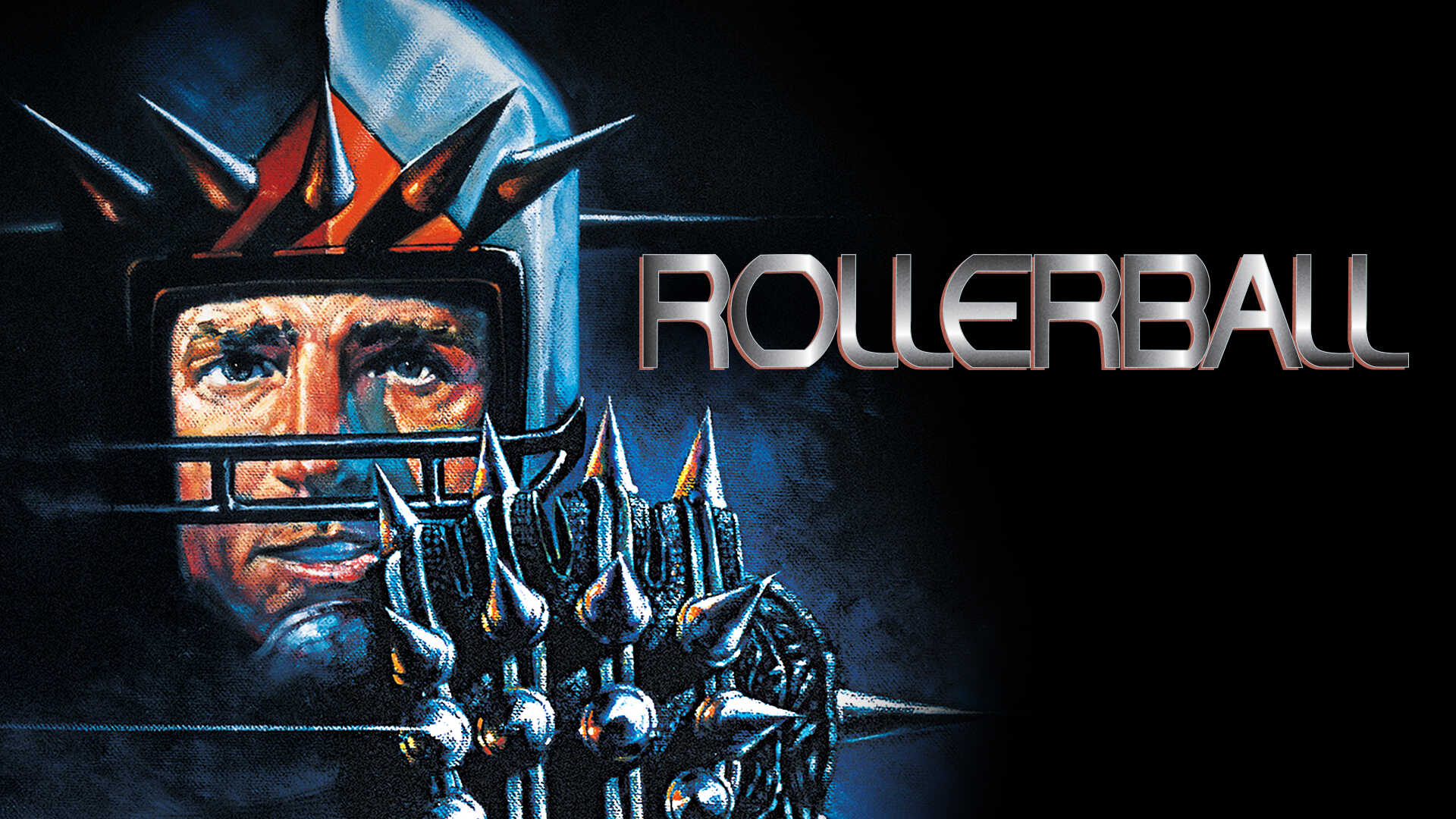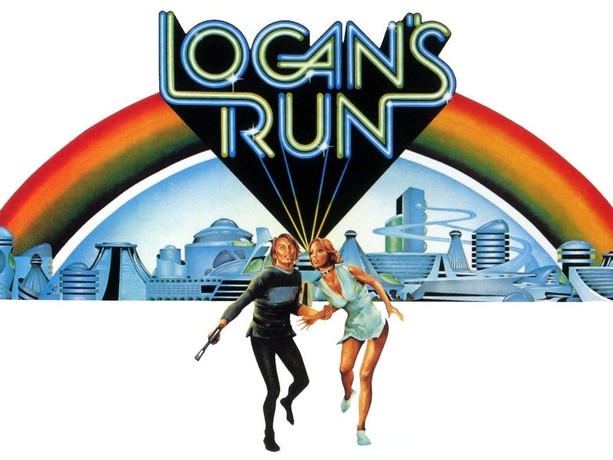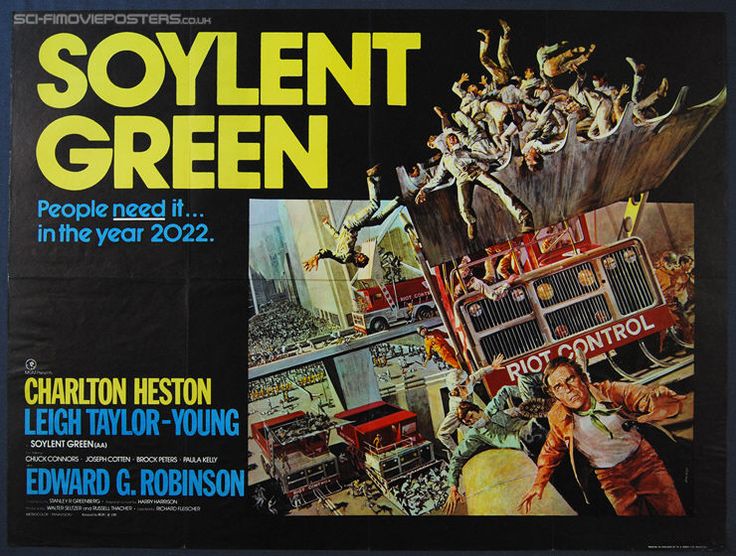Rollerball (1975) is one of those films that feels ahead of its time—and not just a little, but by decades. Directed by Norman Jewison and based on the short story by William Harrison, the movie drops us into a brutal future where corporations run the world, individuality is suppressed, and the masses are pacified by a hyper-violent sport: rollerball. Sound familiar? It should. This is the movie that paved the way for Battle Royale, The Hunger Games, The Running Man, Squid Game, and every other story that asks, “What if survival and entertainment collided?”
At its core, Rollerball isn’t just about the game; it’s about control. In this world, rollerball isn’t just a sport—it’s a weapon. The corporations, who essentially own society, use it to demonstrate their power. Players risk their lives, and the audience eats it up, cheering on the carnage while remaining blissfully ignorant of the larger implications. It’s dystopia served up as a highlight reel.
Enter Jonathan E., played by James Caan. He’s the perfect protagonist for a story like this—a star player who’s won more games than anyone else, but he’s starting to ask questions. Why can’t he retire on his own terms? Why is his success such a problem for the powers that be? The answer is simple: individuality is a threat. Jonathan’s refusal to bow down makes him a symbol of resistance in a world where resistance isn’t allowed.
The game itself is pure spectacle, and the way it’s filmed reflects that. The sound design, the crunch of wheels on the track, the brutal hits—it’s visceral and chaotic. Every rollerball match in the movie gets more violent, ramping up the stakes to a boiling point. The last match? It’s an all-out war.
But the genius of Rollerball is that it’s not just about the action. The quieter moments—the eerie corporate parties, the sterile environments, and the awkward conversations about loyalty—are just as unsettling. They show a world that’s cold, calculated, and devoid of humanity. The corporations want people to believe that the system works, but Jonathan’s journey exposes the cracks.
And let’s not ignore how influential this movie is. Without Rollerball, you might not have the high-stakes competitions of The Hunger Games, the class warfare of Squid Game, or even the reality-TV-meets-violence vibes of The Running Man. Rollerball was the blueprint for these stories—a perfect blend of action, social commentary, and dystopian nightmare.
So, why does Rollerball still matter? Because its message is timeless. The way it critiques power, control, and the dangers of living in a spectacle-driven society hits just as hard today as it did in 1975. If anything, it’s even more relevant now, in a world obsessed with streaming, viral content, and billion-dollar corporations dictating our lives.
In the end, Rollerball is more than just a movie about a violent sport. It’s a warning—a look at what happens when entertainment is weaponized and individuality is crushed. And with its unforgettable performances, incredible world-building, and thought-provoking themes, it’s a must-watch for anyone who loves dystopian fiction. Whether you’re a fan of The Hunger Games or Squid Game, Rollerball is the movie that started it all.


